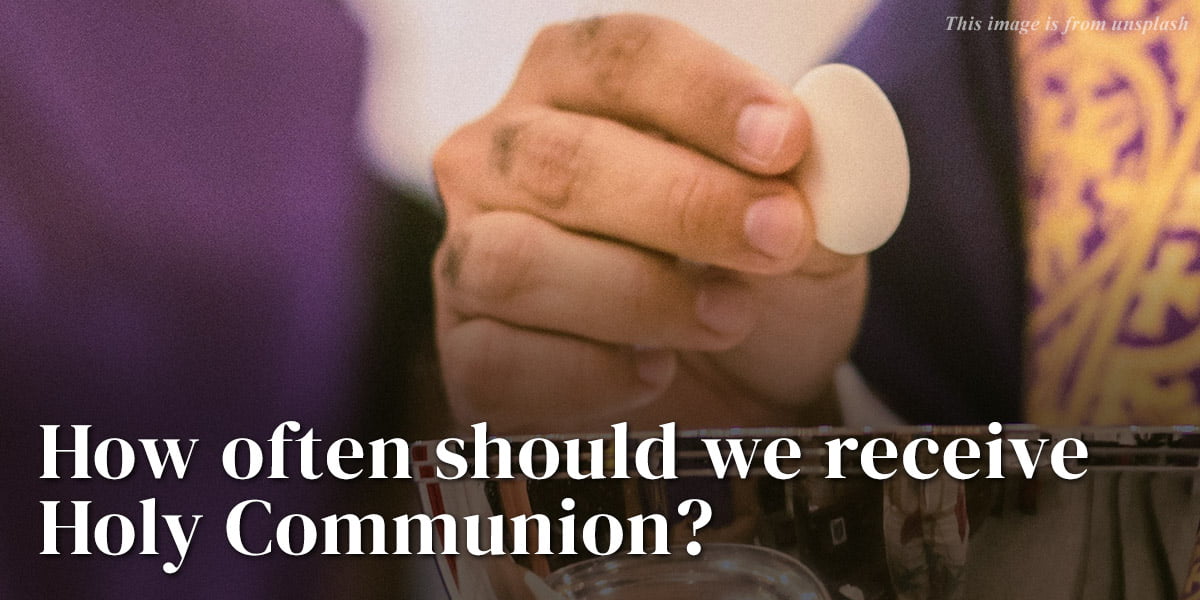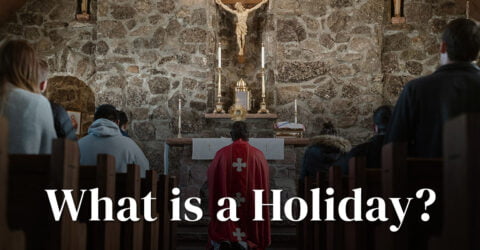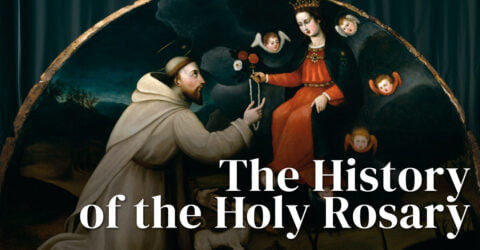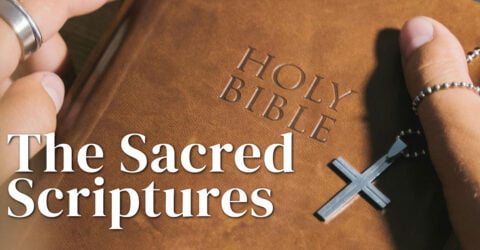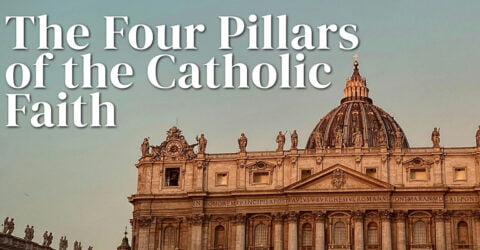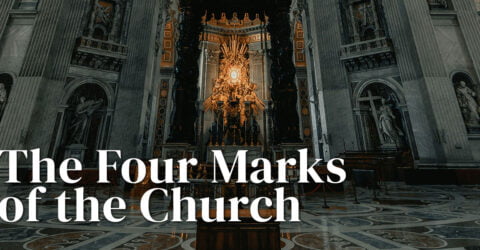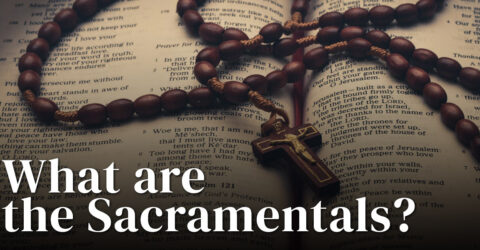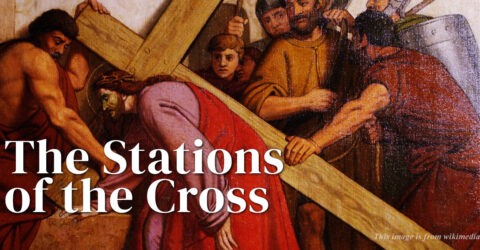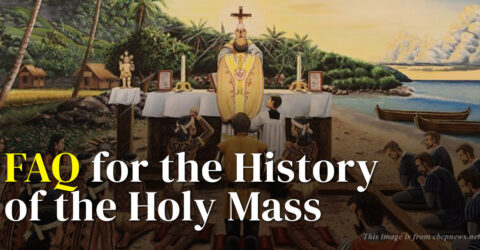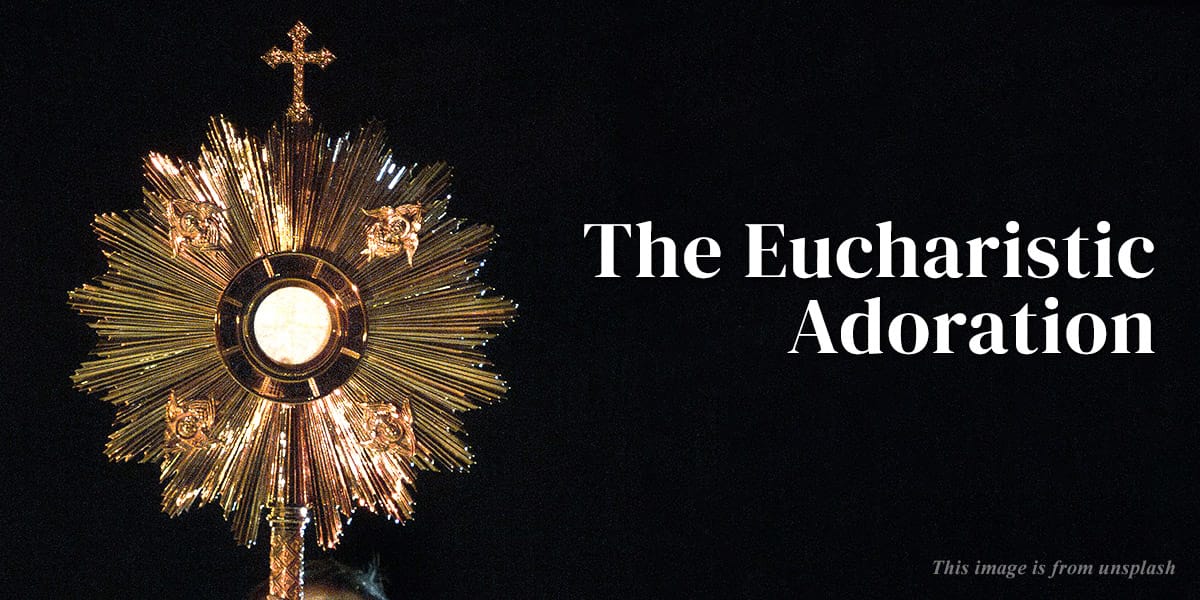
During the time of our Lord here on Earth, many people saw, talked to, and touched Him, especially His Mother and His Apostles. While most of us today want to see Him personally, only a few of us are aware that we already have that experience when we receive Him during Holy Communion. Our Lord instituted the Holy Eucharist during the first Mass, known as the Last Supper. When we are in front of the Eucharist, it's important to show reverence by kneeling and praying, as our Lord is in front of us.

